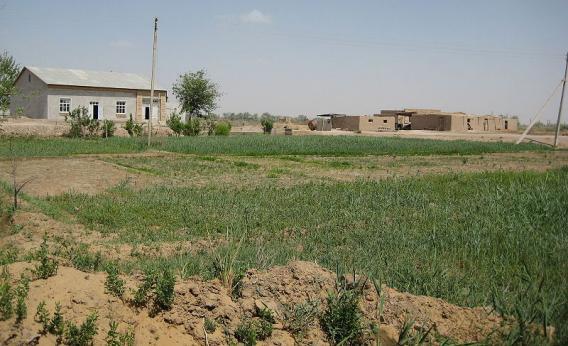I really could not be more excited about Daron Acemoglu and James Robinson’s soon-to-be-released Why Nations Fail: The Origins Of Power, Prosperity, and Poverty. The authors are the best the economics profession has right now at tackling the really big issues. Even better, to promote the book they’re now blogging. The debut post is about Uzbekistan, where the school system is, among other things, a source of slave labor for the cotton industry:
The harvest lasts for two months. Rural children lucky enough to be assigned to farms close to home can walk or are bused to work. Children farther away or from urban areas have to sleep in the sheds or storehouses with the machinery and animals. There are no toilets or kitchens. Children have to bring their own food for lunch. In the spring, school is closed for compulsory hoeing, weeding, and transplanting (see here).
They leave drawing any larger lessons for the book, but I’m going to take a flier and say that this kind of provision of low-cost agricultural labor, though value-maximizing in the very short-term, is much worse for a country’s long-term growth potential than proper investment in the people of Uzbekistan and their future. On the other hand, this is a policy status quo that would seem to serve the interests of whoever owns or controls the land very well.
